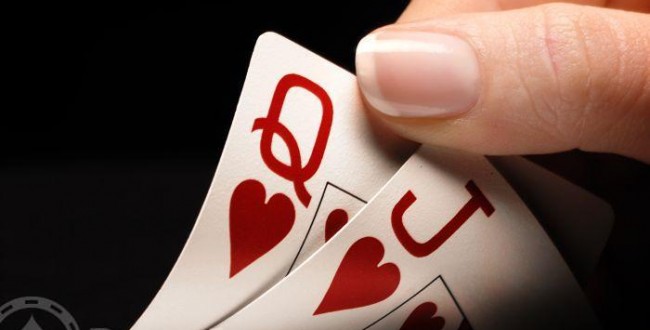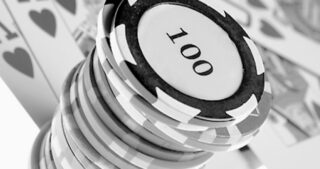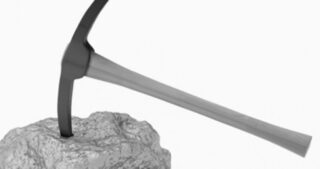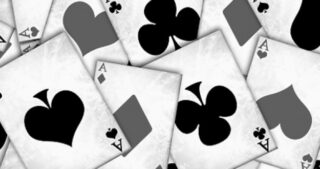The bluff is an important tool in every successful poker player's arsenal. If you never bluff you will become too predictable. But in order to make successful bluffs you need timing and an understanding of the game and your opponents.
What is a Bluff?
A bluff is when you bet or raise with a hand you believe to be inferior. The aim is to get your opponents to fold and pick up the pot. A pure (or stone-cold) bluff is when you bet or raise with a hand that has little or no chance to improve and win a showdown. A bluff made with a hand that has decent possibility of improving is called semi-bluff.
When to Bluff in Poker
When you decide to bluff it's important to choose the right spot. You both need to consider both how your opponent(s) has acted up to this point and the texture of the board. In order for a bluff to succeed it's often important to represent a specific hand.
Say you are two players calling a bet on the flop and a complete blank card falls on the turn. This might not be the best spot to bluff. Which hand are you representing? If the bluff makes no sense to the others there is a larger risk that they will call.
If a scare card (like a straight or a flush card) hits on the turn instead, the chance of your bluff to succeed is usually better. But at the same time this card might have helped one of your opponents and in that case the bluff will be in vain.
What's Your Table Image?
A very important factor to consider when you are going to bluff is your table image. How are you perceived by your opponents? Do they see you as a tight or a loose player?
A tight image increases the chance to succeed. And an occasional bluff also increases you chances to get paid when you have a strong hand. But if you are in the pot pounding away in almost every hand your bluffs will be called (or raised) more often.
Who Are Your Opponents?
A rule of thumb is to never attempt a bluff with more than three opponents in the pot. The risk that someone will call is usually too big to make it worthwhile.
When you bluff it's important to know your opponents - some players are really easy to bluff while some never fold if they have any part of the board what so ever. Try to figure out which type you are up against before you put your chips at risk.
If you want to represent a specific hand it's important that you bluff a player that will get it. Many beginners only play their own cards and don't have any notion of what their opponents might hold. These players are usually hard to bluff to say the least. So ironically it's typically easier to bluff a pro than to bluff a beginner.
What's a Semi-Bluff?
A semi-bluff is a bluff made with a hand that has a pretty good chance of improving - a drawing hand. A semi-bluff gives you two chances to win the pot: either the others fold or your hand improves. But when you make a semi-bluff you should be pretty sure that you will hold a winning hand if you hit your draw.
How Often Should I Bluff?
If you bluff too infrequently observant opponents will only call your other bets with very strong hands. But if you bluff too often observant opponents will frequently call or re-raise you instead.
So in order to keep your opponents guessing and at the same time be able to make successful bluffs you have to find a good balance for how often to bluff. To be predictable either because you bluff too often or to infrequently will have a negative impact on your overall results.











